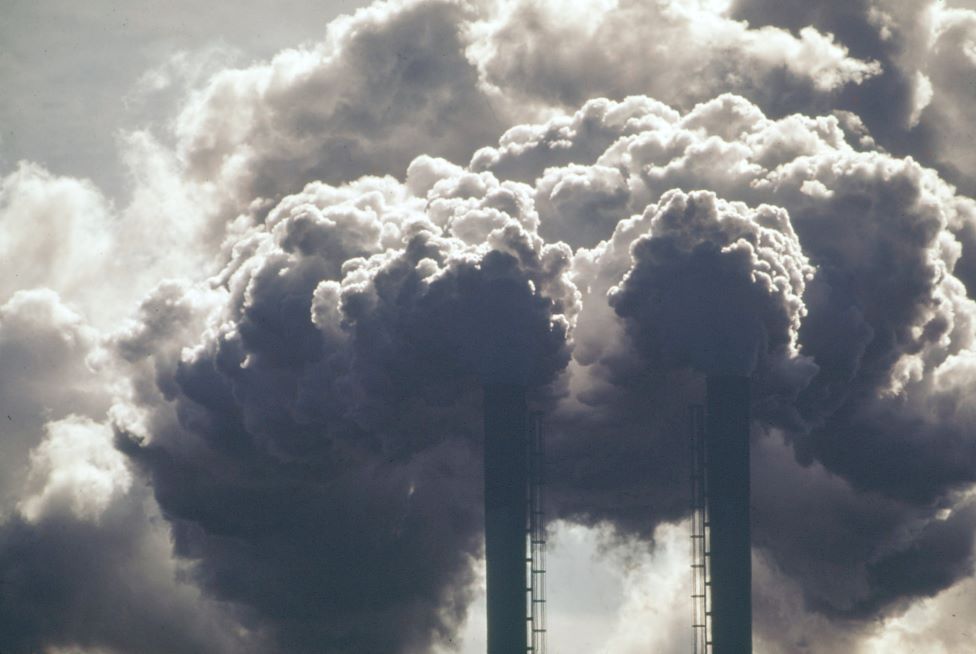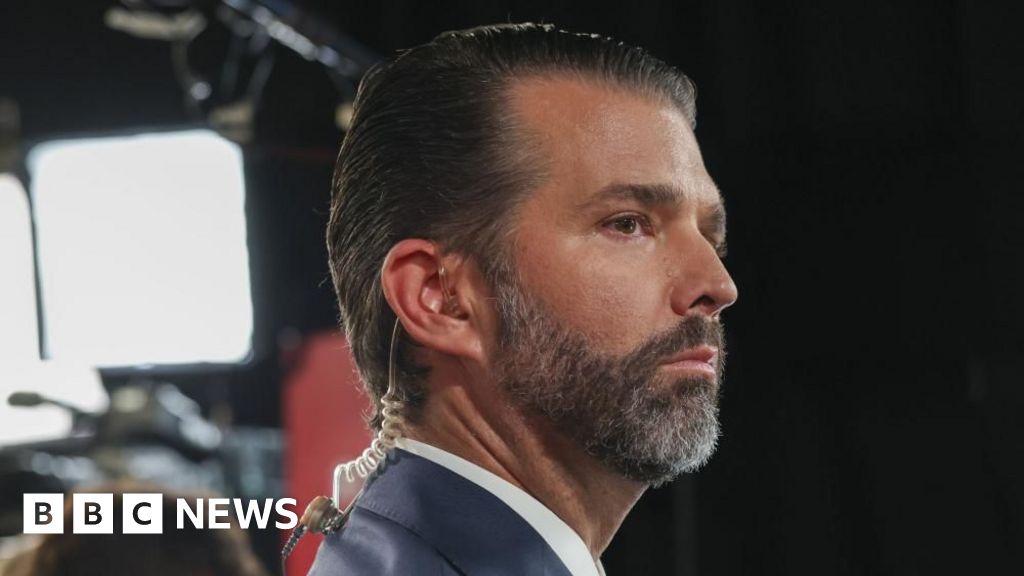ARTICLE AD BOX
By Esme Stallard
BBC News
 Image source, Getty Images
Image source, Getty Images
The US Environmental Protection Agency has lost some of its power to reduce greenhouse gas emissions.
The landmark ruling by the US Supreme Court represents a major setback to President Joe Biden's climate plans.
His measures to address carbon dioxide pollution - and cut emissions in half by 2030 - will now be limited.
The case against the EPA was bought by West Virginia on behalf of 18 other mostly Republican-led states and some of the nation's largest coal companies.
They were challenging whether the Environmental Protection Agency (EPA) has the power to regulate planet-warming emissions for state-wide power sectors or just individual power plants.
These 19 states were worried their power sectors would be regulated and made to move away from using coal.
In a 6-3 ruling, the court sided with the conservative states and fossil-fuel companies, agreeing that Congress had not "intended to delegate... decision[s] of such economic and political significance".
The court hasn't completely prevented the EPA from making these regulations in the future - but says that Congress would have to clearly say it authorises this power. And Congress has previously rejected the EPA's proposed carbon limiting programmes.
Environmental campaigners will be deeply concerned by the outcome as historically the 19 states have made little progress on reducing their emissions - which is necessary to limit climate change.
The states made up 44% of the US emissions in 2018, and since 2000 have only achieved a 7% reduction in their emissions on average.
Image source, EPA-EFE/REX/Shutterstock
It means President Biden is now relying on a change of policy from from these states or a change from Congress - otherwise the US is unlikely to achieve its climate targets.
This is a significant loss for the president who entered office on a pledge to ramp up US efforts on the environment and climate.
On his first day in office he re-entered the country into the Paris Agreement - the first legally binding universal agreement on climate change targets - and committed the country to reducing its greenhouse gas emissions by 52% by 2030 against 2005 levels.

 2 years ago
53
2 years ago
53








 English (US)
English (US)